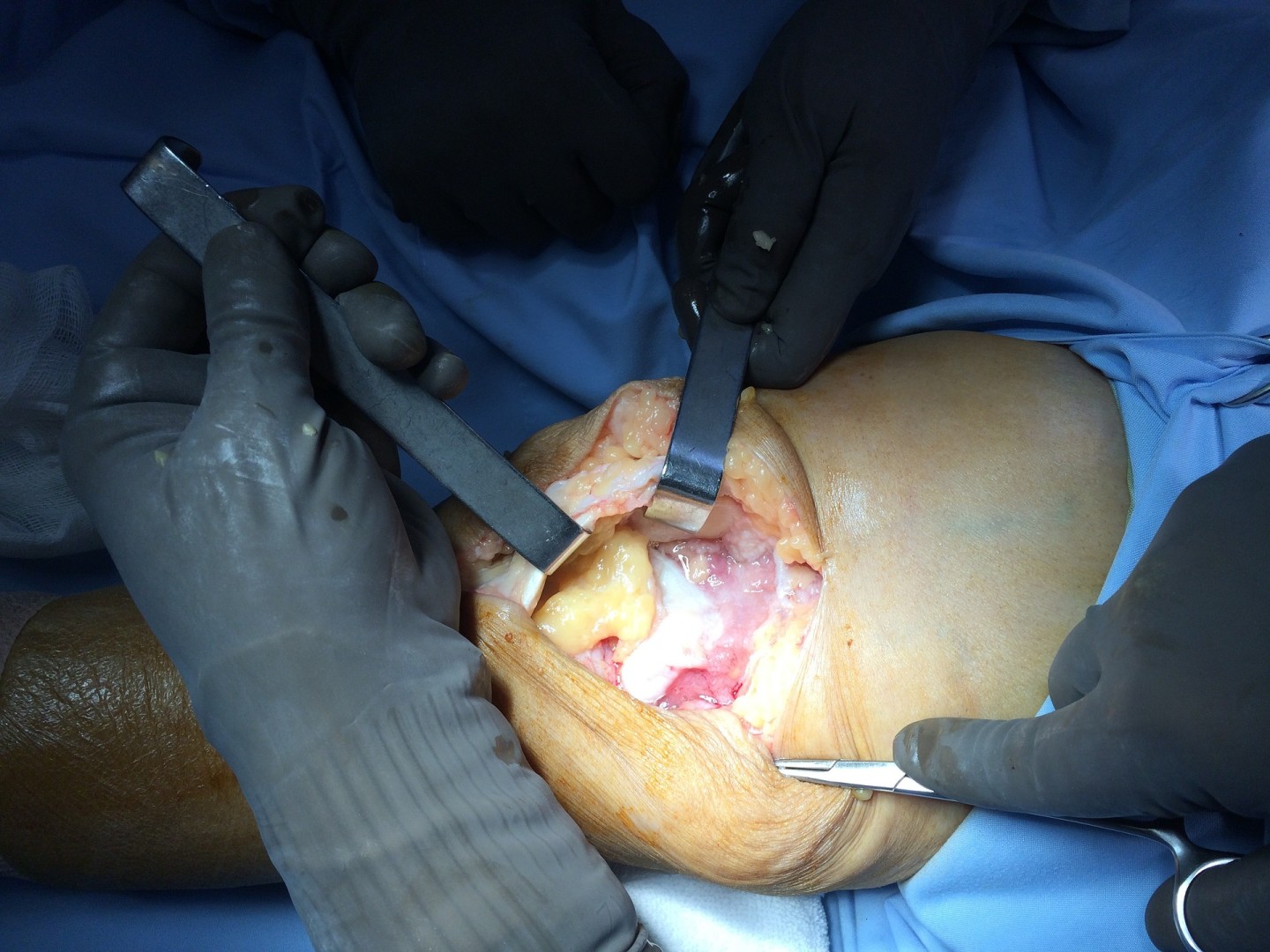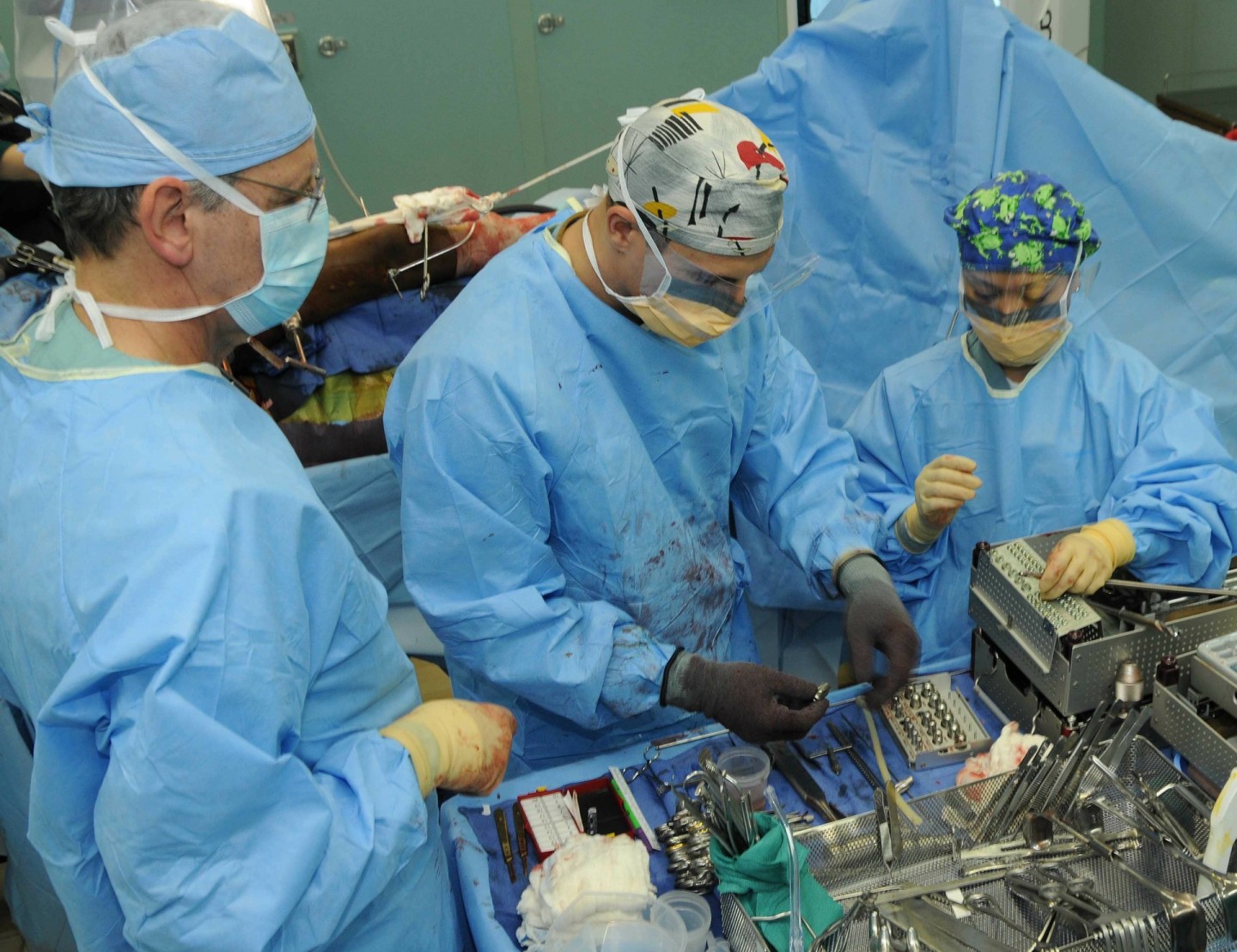The Medtech industry has been undergoing fundamental change over the past few years. In 2015, McKinsey & Company published an insightful article describing a new segment of the consumer market. Physicians and Hospital Administration were beginning to prioritize cost over innovation like never before. Part of the rationale for buying less innovative products came down to group buying decisions. Where no one single physician could sign off on a purchase, there were now levels of hospital administration who had to be convinced. (All of you in the industry know what we’re talking about: The Value Analysis Committee you have to put your product in front of for approval at your local hospital system…)
This segment of the market – what the McKinsey study refers to as “value customers” – has grown since 2015. What was once a small group of private clinics has developed into a general market trend. Here are a couple of changes to the market brought on by these value customers:
A Commodified Sales Process
Manufacturing companies are responding to market conditions by consolidating into larger entities. It is commonplace to see large companies offer every service under the sun for hospitals and surgeons. (You’re seeing this in the market now: Medtronic purchased Covidian, Zimmer buys Biomet, Abbott purchases St. Jude and the list goes on and on.) The irony is that this approach is not responsive to the demands of hospitals, hospital systems, and surgery centers – the value customers described above. Medical institutions are moving towards quantitative testing measures to ensure they get maximum value for their investment. Coupled with small budgets, it means they are not looking to buy an “all-in-one” package. They are looking for individual products that are priced competitively, without any add-ons (Not your “Cadillac” product.)

A Race to the Bottom regarding Price?
A recent study from BCG found that the MedTech industry had “unsustainably high costs” and an old sales approach. BCG analysts predicted that, as the price for MedTech products decreases, companies would need to update their sales infrastructure or risk being priced out of the market. (Think about that for a second: If companies don’t update their sales infrastructure, they are at risk of being priced out of the market. How scary is that for a major medical manufacturer. How many of you are tired of nothing changing in your company’s approach to sales?)
Their predictions have come true. Today, medical manufacturing companies are finding it hard to convince hospitals and physicians that a premium package product is worth it. As a result, manufacturers are looking for any and all possible ways to cut costs and offer their product at a lower price than competitors. The reality is that the market sets the price, and hospitals are looking to cut back on expenses. (You probably see this in your decline in commission right? There are certainly salespeople in Healthcare who make more and more every year, but I’d say that’s the exception to the rule, not the rule. We talk with salespeople all they time who tell us quota is growing exponentially, commissions are going down and what I sold 18 months ago for $6,500 now sells for $4,000. Sound familiar?)

What Does A Salesperson Do In This Volatile Environment?
A follow-up study from BCG found that only those companies who developed a new sales approach are better off today. The top sales reps in the industry have already adapted to this brave new world of shrinking margins. How have they changed? By doing a couple of things:
- Going Beyond the Sales Pitch: Are you listening to what your customer needs? Ok, I said it, now I’m going to say it again: Are you listening to what your customer needs? (Get out of the box of thinking what YOU Get into their box. What do THEY need?) Can you offer something meaningful to fill a said need? Listening closely is the hallmark of an excellent salesperson because it shows commitment to the cause.
- Finding Non-Traditional Selling Strategies: (ProSellus specializes in exactly this: Non-Traditional Selling Strategies.) Linking Non-Traditional Selling Strategies and Your Customer Needs; what if you could actually provide what the customer needs most all the while growing your business like never before? Not a bad idea, right? Send a message our way… we can help with that. Another great place is finding out more about your competitors. In a commodified market with every company looking the same, there must be an opportunity to set yourself apart from the pack.
- Leveraging Physician Data: The best salespeople know how to use analytic software to build their network. A healthcare non-CRM like ProSellus will give you all the consumer information you need about current and potential customers. It’s the sales tool you need to show unique value in a commodified market.
Conclusion
Finding alternative sales tactics is the only way to persevere through current market conditions. As the McKinsey study of 2015 pointed out, a no-frills sales approach is one of the best ways to incorporate your products into your hospital and surgery center customer accounts.
Ultimately, the selling approach HAS to change. No longer is it acceptable to sell products to customers without providing value beyond the product. If you’d like to learn more about alternative selling strategies and how to bring the most sought-after value to customers visit our website: www.prosellus.com










